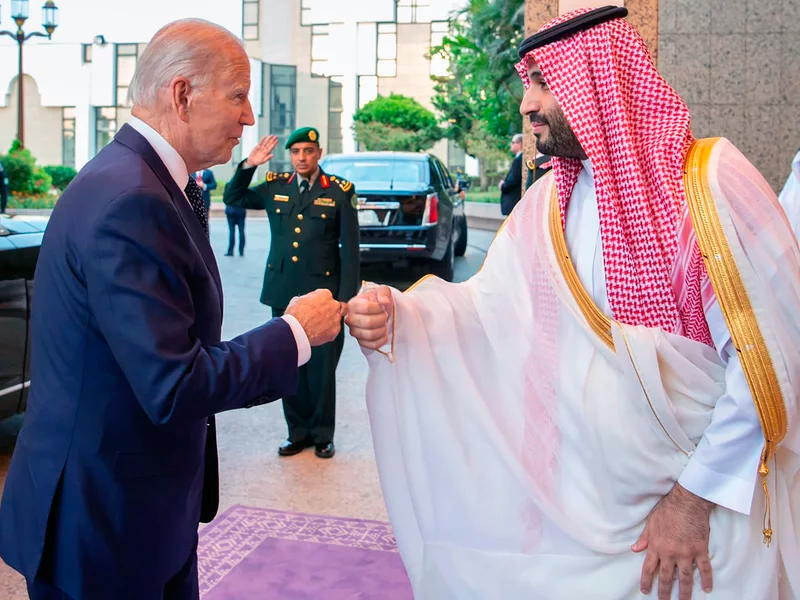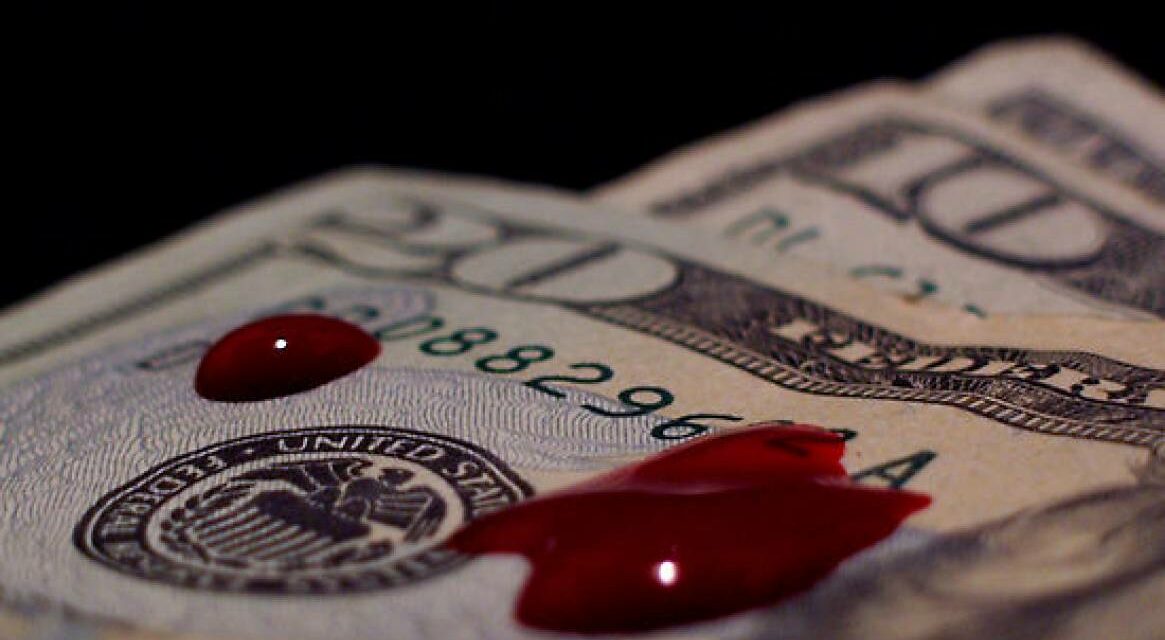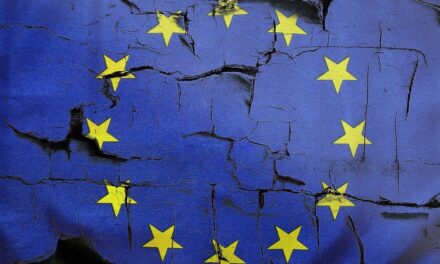No matter how the war ends, big business will win, writes Bill Blunden at the American Conservative.
As the war ravages Eastern Europe, the warring parties suffer heavy losses. Despite Ukraine's persistence and successes, a possible victory in the long run can only be Pyrrhic. Russia is not in a good position either: it has gained new NATO membership candidates in the north, and while its economy is shrinking, it is consuming its resources. Watching the match, it is difficult to imagine that anyone could emerge victorious. Or is it?
Anti-war commentary has focused primarily on the US arms industry and has recently been joined by European leaders who have publicly opposed war profiteering.
And there is some truth in this in light of the billions of dollars worth of weapons and ammunition shipped overseas. Yet there is another faction of the American power structure that has sat contentedly on the sidelines and let the blame fall on the defense contractors.
Recent history provides many important lessons about who profits from the destruction of war. During World War I, President Wilson was re-elected for a second term based on his peace program. His famous 1916 campaign slogan was " he kept us out of . Of course, this Wilsonian approach soon changed. Although public attention at the time was focused on the threat posed by German U-boats, the banking syndicate led by JP Morgan Jr. played a less prominent role in changing Wilson's mind.
Morgan's syndicate financed the Allied war effort to the tune of $1.5 billion, because a possible Axis victory threatened the entire American economy. The GDP of the United States in 1917 was about $60 billion. President Wilson was aware of this, so Morgan and company didn't have to make him aware of what would happen if they defaulted on their loans.
And of course, not one to miss a golden opportunity, Morgan loaned $10 billion to rebuild Europe after the war.
It is important to note that the American public did not necessarily share Wilson's new approach, so his government established the Committee on Public Information (CPI - a kind of propaganda factory - ed.), which was headed by journalist George Creel. The CPI's task was to influence public opinion to gain American support for a cause that was seen as a European problem. The CPI created the perception that America's entry into World War I was necessary to "make the world safe for democracy" and to protect Allied civilians from the bloodthirsty Huns.
And war stories about atrocities like these have become an integral part of media coverage.
Decades later, the big financial interests exerted their influence again. In the early stages of World War II, the Rockefeller Foundation provided funds to the Council on Foreign Relations to launch War and Peace Studies, a project that provided the State Department with discreet foreign policy guidance. The American elite predicted early on that, due to its geographical features, the United States would be the only industrial and military power that would remain united at the end of the war, meaning that American exports and security guarantees could have their own market. The former great powers, battered by years of war, will be desperate for help and will therefore be receptive to American terms.
The American elite hit the mark, so War and Peace Studies served as a kind of blueprint for the Pax Americana that followed.
Around 1945, the focus shifted to reconstruction, and loans were extended to make allies and enemies alike "reliable trading partners." For example, the USA lent more than 4 billion dollars to England in 1945, so the once mighty British Empire became only a junior partner. But the real backbone of American dominance was the 1944 Bretton Woods agreement.
This agreement made the US dollar the world's reserve currency, which meant that the dollar could be exchanged for gold and the value of other national currencies was fixed against the dollar.
The Bretton Woods Agreement created the demand for the dollar, which to this day allows "Uncle Sam" to borrow at lower interest rates than other countries. But it also allows the US to run unusually high federal debt, which it then uses to fund protracted military projects like the 20-year-old war on terror. Think about it: in a business sector where money serves as a commodity, American financial institutions have a clear and enviable advantage.
The Treasury can essentially print money and other countries have no choice but to accept the inflated currency.
Another result of the Bretton Woods agreement was the creation of the World Bank and the International Monetary Fund to provide loans to nations trying to rebuild their economies. And nearly 80 years later, both institutions still exist.
The World Bank issued more than $98 billion in debt in 2021.
In 2016, President Obama even emphasized that Ukraine is "basically a Russian interest, not an American one."
So what explains the foreign policy turn that gave Ukraine a blank check?
There are many narratives about this. According to Defense Secretary Lloyd Austin, the United States intervened to "weaken Russia" - an explanation with some validity, as the Russian war machine shows signs of being under duress. Opting for glittering generalities, President Biden told reporters “we are defending freedom and democracy” – sound familiar? – against autocrats. But after his fisticuffs with the Saudi crown prince, it's an odd stance to say the least.

Saudi Press Agency/AP
Meanwhile, political scriptwriters at globalist think tanks warn that Putin wants to "renegotiate the end of the Cold War ," so we have no choice but to intervene before Russia moves through Ukraine to try to regain what it lost when the Soviet Union collapsed. It's a predicament that involves a degree of cognitive dissonance about Article 5 of the NATO treaty and the prospect of nuclear war.
Regardless of the intentions of our leaders and the underlying considerations that drive them, one thing is certain:
the longer this war lasts, the more destruction it brings.
And when the dust settles, what remains of Ukraine will have to be rebuilt from the ground up. And this, dear reader, will cost quite a bit of money. There will be debt, lots of it, as much as after the invasion of Iraq, where the United States spent more than Germany and Japan did after World War II.
President Biden stated that "nothing about Ukraine without Ukraine", but at this point it is difficult to view the country as a client state that was bought with pallets of tax forints.
When the fighting finally ends, the Zelensky team will be desperate for loans—hundreds of billions of dollars in loans.
Rebuilding the economy will be the biggest item, and guess who will be hustling there when the moment comes for Zelensky to sign on the dotted line?
The same financial institutions that today have their eyes on Ukraine's markets and natural resources; the institutions that emerged from the Great Recession of 2008 with even more capital and even more influence.
No matter how the war ends, big capital will win.
Featured Image: Pixabay












